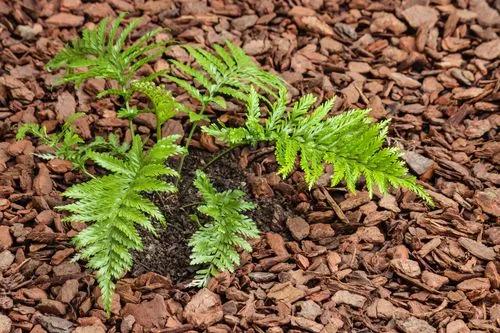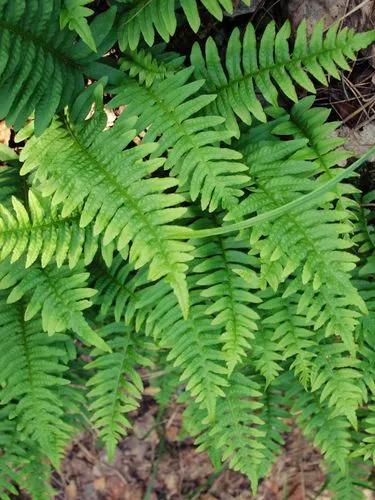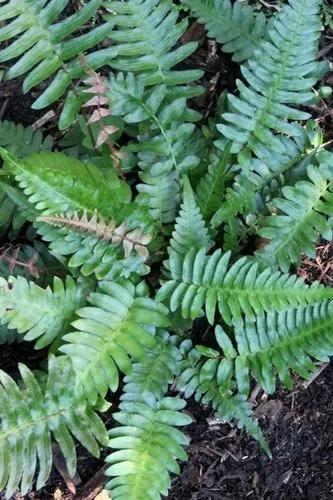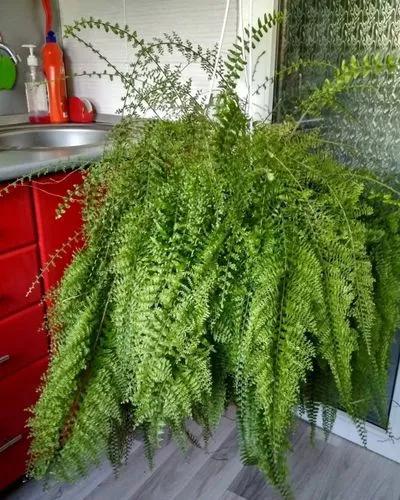Bird's nest fern (Asplenium nidus) is one of two tropical Asplenium species found in cultivation. The other is Asplenium bulbiferum, often called the spleenwort or mother fern, which is much harder to grow and looks nothing like its cousin. Asplenium ferns are naturally epiphytic, meaning they grow on the surface of other plants. In their rainforest homes, they can be found growing high in the crooks of trees. They grow in a series of erect, spoon-shaped, and apple-colored fronds that rise from a central rosette. Healthy plants can have fronds up to 3 feet long, but this is rare in most indoor situations. These are beautiful plants that require a bit of babying to reach their fullest potential.
Parvati Care
Fern Asplenium



How to Care for the Plant

Water

These are true jungle plants. Keep their compost moist, but don't let the plant become soggy. Also, avoid watering right into the "nest" as that encourages mold and rot. Water the soil rather than the plant.

Fertilizer

During the growing season (April through September), fertilize about once a month with weak liquid fertilizer. Don't put fertilizer pellets in the central cup or "nest." Withhold any fertilizer during the winter, when most plants are in their resting phase. Too much food will cause deformed leaves and/or brown or yellow-spotted leaves.

Sunlight

These plants need filtered light to light shade. Don't expose to direct sun other than the very early morning sun. Placing the fern by an east- or north-facing window is ideal.

Soil

Plant the bird's nest fern in loose, rich organic compost or a peat-based potting mix. A mixture of two parts peat and one part perlite would work well. Otherwise, try a peat-based mixture with organic material.

Temperature

The bird's nest fern will thrive in a warm area. Keep the temperature between 68 and 80 degrees Fahrenheit. Cold drafts and sudden temperature drops will not be appreciated

Popularity

63 people already have this plant 15 people have added this plant to their wishlists
Discover more plants with the list below
Related articles






